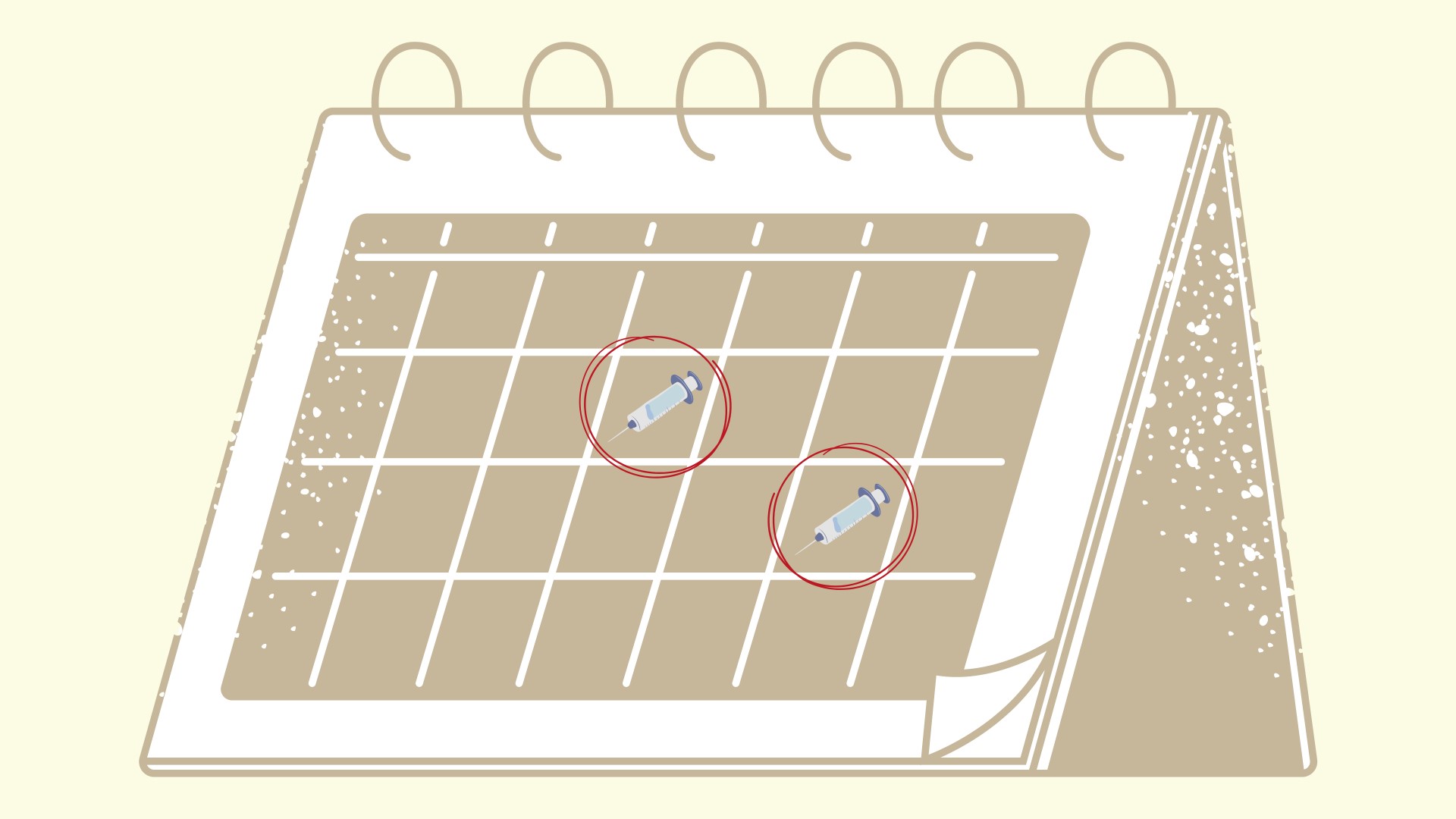The Lamen
Updated: FDA approves new COVID vaccines amid increased hospitalizations

A late-summer uptick in COVID-19 infections indicated that the viruses were thriving in the increased heat. COVID hospitalizations rose nearly 16 percent and deaths by 10.5 percent during the third week of August, and Jill Biden was announced positive last week.
Experts now warn of increased COVID-19 infections expected during fall with students returning to schools. In response, the US Food and Drug Administration advised manufacturers to develop vaccines targeting XBB.1.5 — one of the dominant variants at the time.
- However, EG.5 has since become the dominant sub-variant in the US, accounting for nearly 22 percent of current cases.
- Early reports show it to be more transmissible than “Arcturus,” another Omicron sub-variant that gathered attention some months ago.
- The Centers for Disease Control and Prevention is expected to announce its recommendations for the updated booster — offered by Pfizer, Moderna, and Novavax.
- The Food and Drug Administration approved updated COVID-19 vaccines from Pfizer and Moderna on Monday — including a component that targets the XBB.1.5 Omicron variant. The manufacturers also said that the updated shots also generate a strong antibody response against the BA.2.86 sub-variant.
While the updated bivalent COVID boosters were formulated to target the XBB1.5 Omicron sub-variant, they are expected to offer increased protection against EG.5 as well — belonging to the same family tree. Pfizer’s new vaccine has already been approved in Europe and the United Kingdom.
Scientists are also monitoring BA.2.86 closely, another Omicron descendant that is much better at escaping the antibodies produced by previous infections. Initial research indicates that the new booster shot might not be very effective against this variant.
COVID booster shots: The big questions
How effective have COVID boosters been?
- While 69.5 percent of the US population completed their primary series of COVID-19 shots, only 17 percent ever received the bivalent booster that rolled out last year — meant to protect against newer variants.
- Initial studies showed booster vaccination to be more effective in preventing death among COVID-19 patients compared to a full vaccination.
- While preventing hospitalizations, the booster’s protection falls quickly — with protection against serious illness falling to just 24 percent in 6 months, data suggests.
Should you get one?
- Florida’s Surgeon General recently criticized these vaccines as having “a lot of red flags” — such as causing cardiac injury and a lack of substantial human trials.
- Officials hope that updated vaccines can avoid a repeat of the “tripledemic” last year — which caused an increased load on hospitals nationwide with respiratory syncytial virus (RSV), influenza, and COVID-19 cases in children.
- Classified a “variant of interest,” EG.5 has a new mutation in its spike protein that can evade some of the immunity acquired after a vaccination or infection, explained Scott Roberts, a Yale Medicine infectious diseases specialist in a recent Q&A.
- The main goal of the boosters is to prevent severe symptoms, hospitalization, and them — something they have been effective at for a certain duration. Experts suggest high-risk groups, such as people over 65, immunocompromised patients, and pregnant women should be prioritized.
- A study reports that 3 out of 10 people were likely to contract COVID-19 if they received an annual updated booster. This number rose to 9 out of 10 if no booster was administered.
Will you need a COVID vaccine every year?
- A CDC advisory panel will meet on September 12 to determine the recommendations regarding the upcoming boosters — meaning that the initial rollout might begin by next week.
- Posing a year-round risk, COVID-19 shots could become a bi-annual occurrence. Waiting for a year and a half doubles the long-term risk of infection compared to annual boosting, a study reports.
What about protection from long COVID?
- Nearly 4 years since the pandemic, long COVID has remained a perplexing riddle. While some data suggests that vaccination might reduce the severity and duration of long COVID, conclusive evidence evades us.
- A study based on patients’ reports via a mobile app found a 50 percent lower risk of long COVID symptoms among vaccinated patients.
- Another study reported only a slight reduction in the risk, while some blame fell on the vaccines themselves.
While the jury is still out on the long-term effectiveness of these vaccines, most experts share the same opinion: people who want a booster should wait for the upcoming shot unless an emergency presses them.
Editor’s note: This article has been updated with information regarding the FDA’s approval of updated COVID-19 vaccines amid increasing cases.